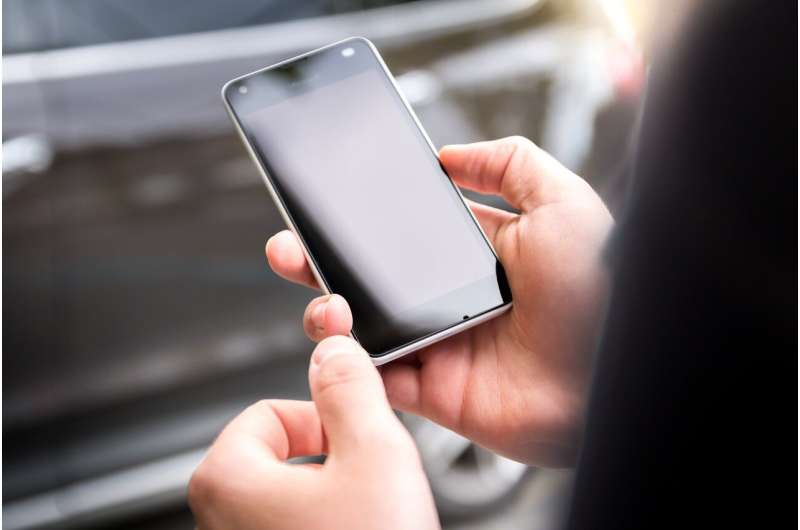
A mobile app that shows a child’s weight development in real-time for children with obesity provides greater weight loss compared to conventional care. The fact that both families and healthcare professionals can follow the same data facilitates individualized extra support when needed. This is shown by a study from Karolinska Institutet in Sweden published in the International Journal of Obesity.
The care of children and adolescents with obesity needs to be improved. International studies show that frequent follow-up visits, every two weeks, are most effective in maintaining behavioral changes.
“But it’s not feasible, neither for the families nor the healthcare system. We, therefore, need to find new ways to provide more support,” says Emilia Hagman, a researcher at the Department of Clinical Science, Intervention and Technology who in a study evaluated a new digital tool, a mobile app from the company Evira.
The study is a so-called pragmatic study, which means that the participants were not randomized, but rather, the treatments were evaluated in a real-life clinical setting.
Results improved by 100%
100 children who attended the Martina Children’s hospital (Martina Centrum för Vikthälsa) in Stockholm were able to try the digi-physical treatment concept over a period of one year. The app is connected to a scale that has no numbers on it, which the child would stand on each day. In the app, the family sees their child’s weight development as a curve that should be within a green weight target development curve. The target curve was determined individually and updated during physical visits every three months.
Healthcare professionals had access to the same data. Via a chat function, healthcare personnel could offer extra support, or the parents could ask for extra support if needed.
To ensure efficacy, these children were compared with 300 children from the Swedish childhood obesity treatment register, BORIS, who were receiving usual care at other clinics in the country during the same period and were selected randomly but who were matched in terms of age and sex.
The families who used the app achieved twice as much weight loss as those in the control group.
Worked well for adolescents
“This is the first app whereby healthcare professionals and the family can monitor the child’s weight development in real-time,” says the study’s last author Pernilla Danielsson Liljeqvist, a researcher at the Department of Clinical Science, Intervention and Technology at Karolinska Institutet. “It was particularly gratifying that it worked so well for adolescents, who we otherwise have not been able to reach with behavior-changing therapy. The app provides more support through continuous feedback, which creates clarity with regard to the treatment. We could not note any side effects associated with the treatment, for example in the form of eating disorders.”
One limitation of the study is that it was carried out in only one clinic. There is also a lack of data as to how many physical visits the people in the control group had.
Source: Read Full Article
